
By Samuel Dodoo, GNA
Kade (E/R), March 11, GNA – Women at Kade in the Kwaebibirem District of the Eastern Region have benefitted from a workshop on climate change and the use of improved cookstoves for the processing of palm oil.
It was jointly organised by the Institute for Sustainable Energy and Environmental Solutions (ISEES) and the Department for Community and Ecovillage Development with support from the French Embassy in Ghana.
The workshop, dubbed: “CookSafe Project,” was on the theme: “Catalysing Gender Based Climate Mitigation Actions,” aimed at increasing advocacy on clean cooking technology adoption to empower women food processors.
Stakeholders were from the District Assembly, Business Advisory Centre, Solidaridad, financial institutions, Kwaebibirem Rural and Community Bank, the Oil Palm Research Institute of the Centre for Scientific and Industrial Research, and women groups’ representatives from various palm oil processing associations, among others.
Mr Lovans Owusu-Takyi, the Director of ISEES, in an interview with the Ghana News Agency, said palm oil processing constituted the main livelihoods of the majority of women in the District hence the workshop to sensitise them on the use of the improved cookstoves.
“The traditional inefficient stoves including underground dug-out stoves, mud stoves, the three stone stoves, the tyre rim stoves, fuelwood, waste from palm oil processing, among others release smoke and heat, which have adverse effects on the health of women and children,” he said.

Mr Owusu-Takyi said the use of traditional cookstoves, open fires and fuelwood and charcoal were the primary means of cooking for nearly three billion people in the developing world.
He said the over-dependence on forest for fuelwood contributed to deforestation, climate change, depletion of the eco-system and poor air quality with associated health implications.
“In addition to this, the inefficient nature of traditional cookstoves mean that a high level of fuel is required, meaning that the local ecosystem is being damaged due to high rates of deforestation,” Mr Owusu-Takyi said.
He said tackling deforestation was an important issue for Ghana’s future because there had been a 70 per cent reduction in the forest cover in the last 40 years, partially caused by overharvesting for fuelwood and charcoal.
He said the project would catalyse the demand for improved cookstove in the Region by demonstrating the benefits of commercial stoves for palm oil processing and household gasifier stoves that use agro-waste and palm kernel shells for cooking.
“Women will also be educated on the benefits of switching to improved stove technologies in order to improve their health through reduced smoke emissions… as well as reduce fuel-wood consumption,” Mr Owusu-Takyi said.
“We believe that by providing efficient cookstoves within the Region, whilst providing an awareness and education programme alongside, they can make a huge difference on the lives of local women.”
“This will be in terms of improving their health, improving their livelihoods by reducing the amount of fuel they have to purchase, reducing deforestation, enhancing circular economy and improving their environment.”
Mr Fred Owusu Akowuah, the Coordinating Director of the Kwaebibirem Municipality, welcomed the CookSafe Project as it was in line with the government policy on improving the livelihoods and environment of the women in palm oil processing.

He expressed gratitude to ISEES and the French Embassy for bringing the project to the community and urged the women to cooperate with the Institute to ensure the successful implementation of the project.
Mr Stephen Appiah, the Kwaebibirem Municipal Coordinator for Solidaridad, gave the assurance that his outfit would work together with ISEES to supply the improved cookstoves in the District.
Mrs Gladys Darko Yamoah, the Chairperson of the Association of Small Scale Industries in the Municipality, thanked the ISEES and the French Embassy for the awareness creation, which would go a long way to improve the health and livelihood of the women.
GNA
Read Full Story
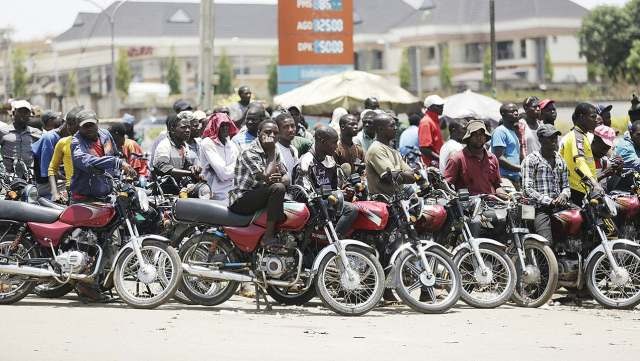
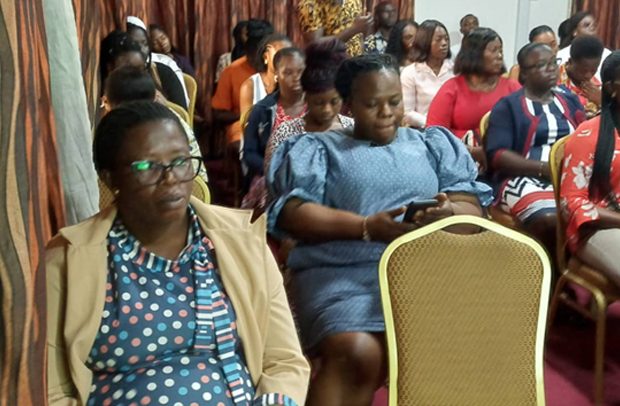
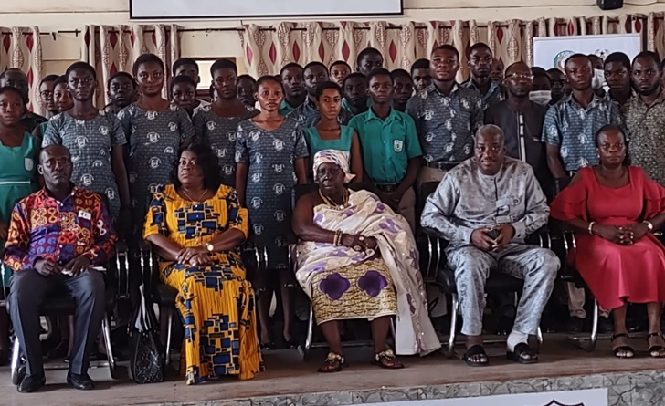


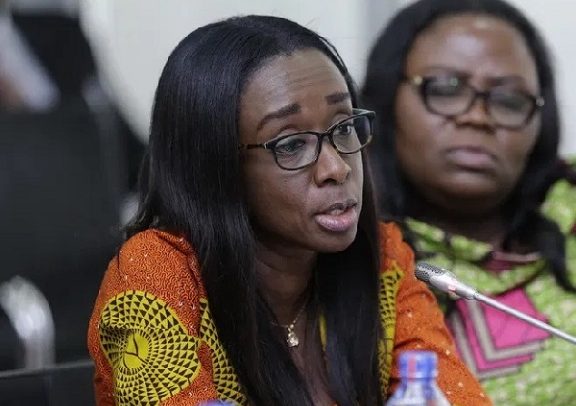
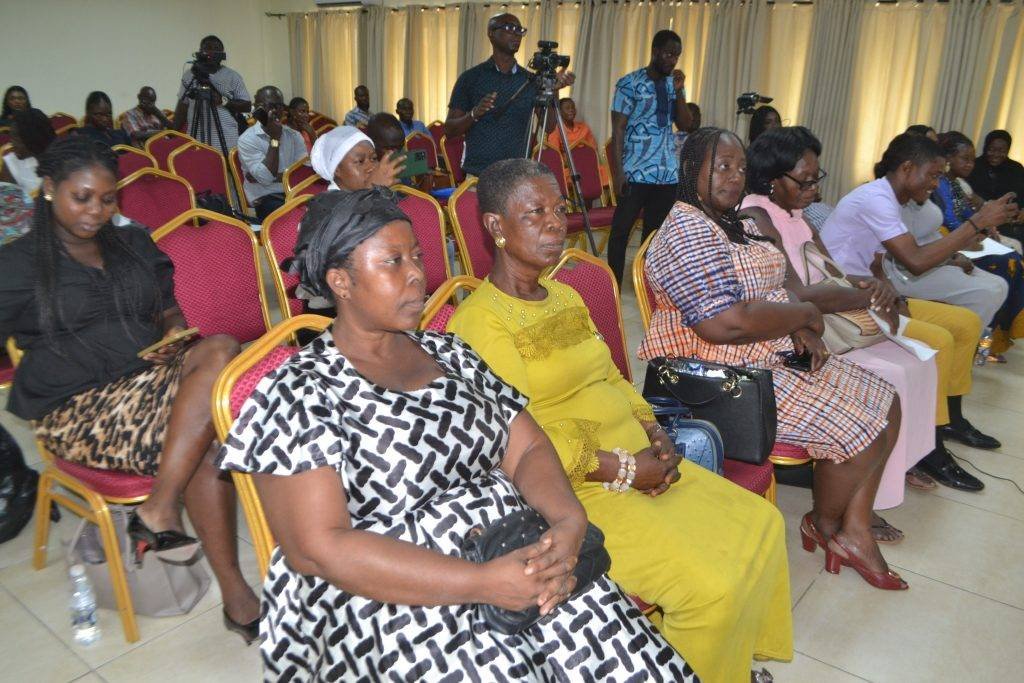















Facebook
Twitter
Pinterest
Instagram
Google+
YouTube
LinkedIn
RSS